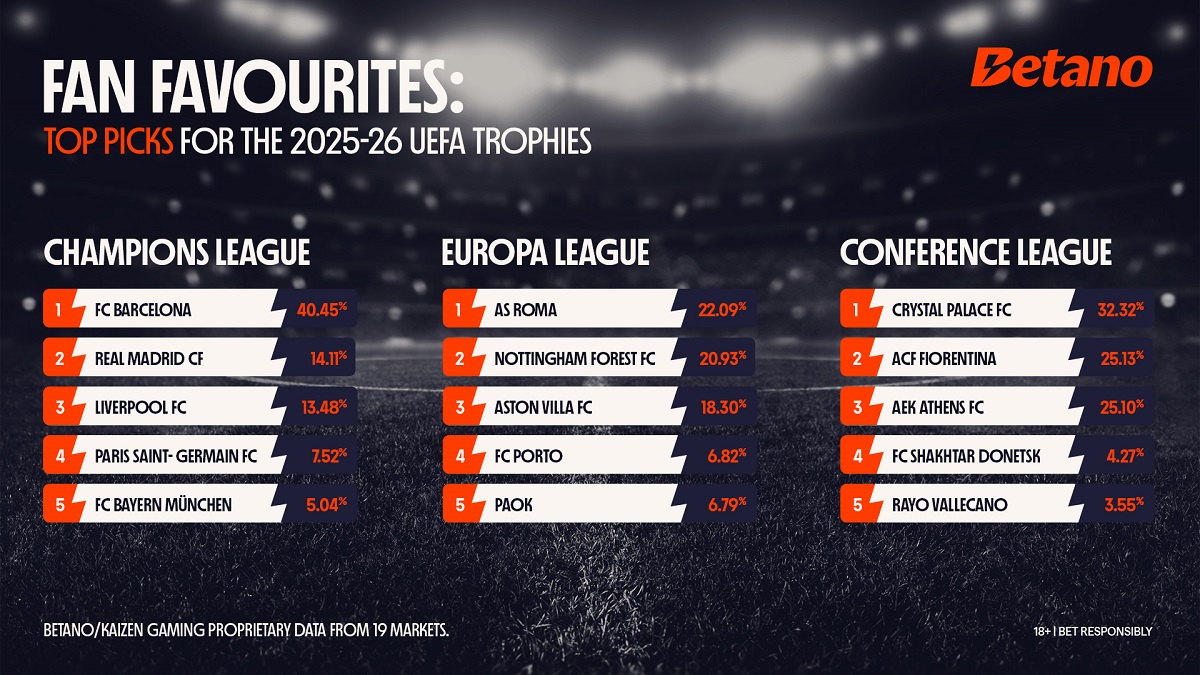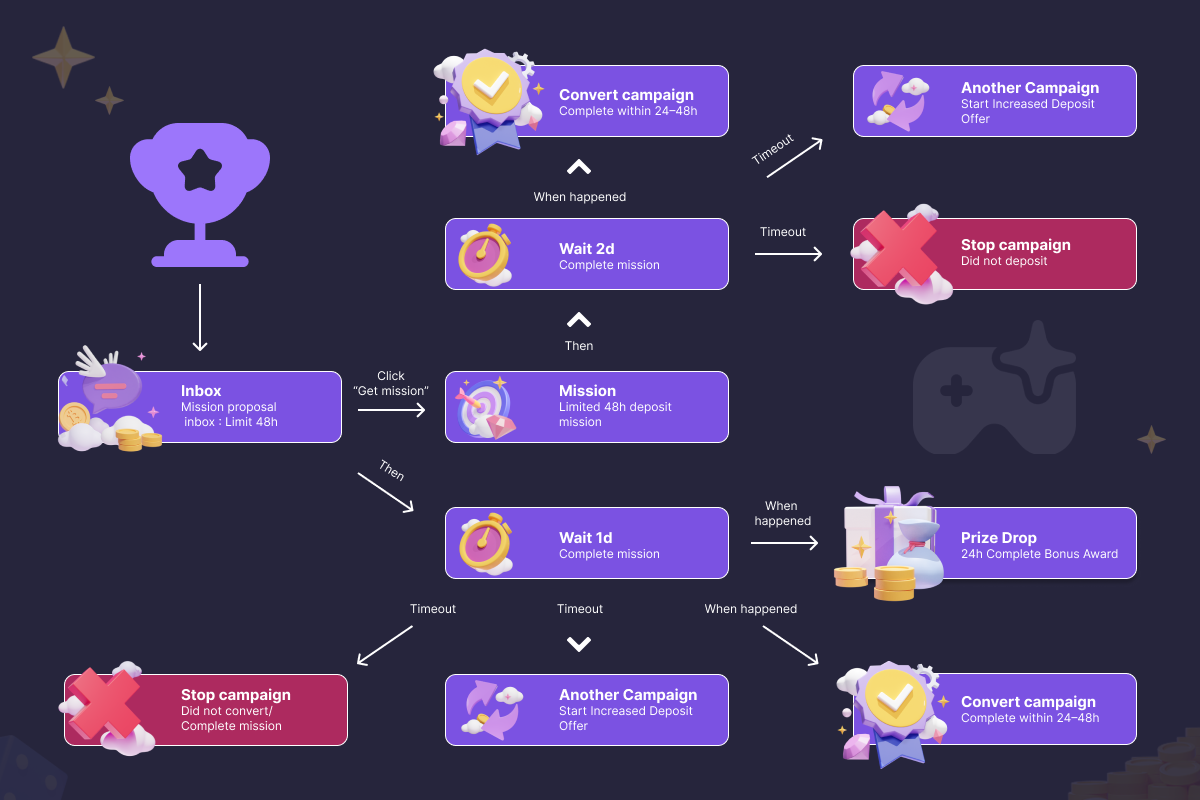European Commission Press Releases
European Commission – Fact Sheet – Financial Technology (FinTech) Action Plan

Frequently asked questions: Financial Technology (FinTech) Action Plan
Brussels, 8 March 2018
FINTECH
What is FinTech?
Financial technology, or FinTech, refers to technology-enabled innovation in financial services. It is spurring new business models, applications and processes, such as payment applications for mobile devices. FinTech is also having a transformative effect on financial markets and institutions and on the provision of financial services as a whole.
Why is this Action Plan needed?
Technological innovation in finance is not new, but the amount of investment in technology and the pace of innovation have increased significantly in recent years. There has been rapid advancement in artificial intelligence, mobile applications, cloud computing, big data analytics and distributed ledger technology, such as blockchain. This changes business models of established financial institutions, technology companies and new market entrants alike and affects the entire financial sector, including services for both consumers and wholesale markets.
The Action Plan has three main objectives: to support innovative business models to scale up across the single market; to encourage the uptake of new technologies in the financial sector; and to increase cybersecurity and the integrity of the financial system.
What is the FinTech Action Plan about?
Today’s Action Plan sets out clear and concrete steps by the Commission together with other actors to make the most of rapid advances in technology. It includes measures to better understand the nature of FinTech developments as well as forward-looking measures designed to encourage and simplify the emergence of new FinTech solutions. The actions set out will benefit the EU citizens and industry, and will foster a more competitive and innovative European financial sector, while maintaining high levels of consumer and investor protection.
The Commission will, among other things,
- host an EU FinTech Laboratory where European and national authorities will engage with tech providers in a neutral, non-commercial space;
- consult on how best to promote the digitisation of information published by listed companies in Europe, including by using innovative technologies to interconnect national databases. This will give investors easier access to key information to inform their investment decisions;
- run workshops to improve information-sharing when it comes to cybersecurity;
- present a best practice guide onregulatory sandboxes based on guidance from European Supervisory Authorities (see below for definition of sandboxes);
- report on the challenges and opportunities of crypto assets later in 2018 in the framework of its EU Blockchain Observatory and Forum. The Commission is also working on a comprehensive strategy on distributed ledger technology and blockchain addressing all sectors of the economy. A distributed ledger is an information database that is shared across a network. The best-known type of distributed ledger is blockchain.
How does the Action Plan fit in with other Commission initiatives?
The Action Plan is part of the Commission’s efforts to build a Capital Markets Union and a true single market for consumer financial services. It is also an integral part of the Commission’s drive for a Digital Single Market. The Commission wants to make EU rules more future-oriented and aligned with the rapid advance of technological development that is driving structural changes in the financial sector.
How is the growth of FinTech currently being supported in the EU?
Companies that develop financial technology are currently faced with diverging regulatory and supervisory regimes. While some Member States offer a wide range of tools to encourage the use of financial technologies in financial services, the market is still underdeveloped in other Member States.
Current national instruments include:
- establishing innovation hubs or single contact points through which national authorities can engage with companies that seek to place technological innovations on the market;
- providing research and financial support to FinTech companies and setting up incubators, or companies that help startups get off the ground by providing services, like offices ;
- building experimentation facilities, such as sandboxes. A sandbox is a safe and controlled space where companies can test innovations in the market, with or without regulatory relief.
The Action Plan will build on the experiences made at national level to identify best practices and possibly establish common guidelines.
What preparatory work has been done to draw up this Action Plan?
In November 2016 the Commission set up an internal Task Force on Financial Technology to address potential opportunities and challenges posed by FinTech. The Commission held a public consultation on FinTech in 2017 to gather stakeholders’ views on the impact of new technologies on financial services. Today’s Action Plan is based on the responses gathered in the consultation as well as the work of the Task Force on Financial Technology.
How will the Commission adapt existing financial services rules to new technologies?
The Commission will set up an Expert Group to assess whether current EU financial services rules are adapted to the challenges posed by new technologies. The group will be made up of experts selected through a call for applications. Experts will have to demonstrate outstanding knowledge of regulatory issues in the FinTech area. The Expert Group will conclude its work with a report in the second quarter of 2019.
What is the EU FinTech Lab and why is the Commission setting it up?
The EU FinTech lab is a non-commercial laboratory that will be established by the Commission. It aims to provide training to regulators and supervisors and share knowledge on new technologies through demonstrations, expert discussions and workshops. The Lab will help to get a better understanding of the technologies that are used to innovate financial services and will put regulators and supervisors in touch with leading experts from industry. The FinTech Lab will take place four times a year and is based on a participant-driven agenda. The first workshop will focus on cloud computing or outsourcing.
What exactly is the Commission proposing regarding sandboxes?
A regulatory sandbox is a framework set up by regulators that allows FinTech start-ups and other innovators to conduct live experiments in a controlled environment under a regulator’s supervision. Regulatory sandboxes are gaining popularity, mostly in developed financial markets. A common and co-ordinated approach among Member States would therefore be useful to encourage innovation across the EU.
The European Supervisory Authorities (ESAs) will be invited to identify best practices among supervisors. Based on this work, the Commission will come forward with a best practice guide on regulatory sandboxes. It would set out how Member States could organise their sandboxes, the types of activities concerned, and how supervision of relevant activities could be conducted.
BLOCKCHAIN
What is blockchain?
Blockchain is the best known distributed ledger technology. A ledger is a database which keeps a final and definitive record of transactions. Records, once stored, cannot be tampered without leaving behind a clear track. Blockchain enables a ledger to be held in a network across a series of nodes, which avoids one centralised location and the need for intermediaries’ services. This is particularly helpful to provide trust, traceability and security in systems that exchange data or assets.
It is important to avoid confusion between blockchain technologies and cryptocurrencies, which represent just one type of application of blockchain. Blockchain can underpin a wide range of applications in various sectors, which are not limited to cryptocurrency or FinTech.
Why does the Action Plan have a special focus on blockchain?
Distributed ledger technologies and particularly blockchain are set to lead to a major breakthrough that will transform the way information or assets are exchanged, validated, shared and accessed through digital networks. They are likely to further develop over the coming years and become a key component of the digital economy and society. This is why the Commission decided to have a special focus on blockchain.
The transformative role of blockchain goes far beyond financial services, it can help create new services, businesses models and ventures. It is still in an early stage and Europe has the opportunity to become a global leader in this area. Financial services and FinTech were among first explorers of the potential of blockchain technologies.
What has the Commission done so far on blockchain?
Cross-border infrastructure for blockchain is crucial to reap the full benefits of this new technology. Developing this infrastructure requires the development of a proper governance framework, as well as solving existing interoperability issues. To further consolidate its expertise and demonstrate the use of distributed ledger technologies beyond its current applications, the Commission will identify a first set of services of public interest via pilot projects, before being potentially exploited on a wider scale. In this context, it has set up a European Financial Transparency Gateway as well as the EU Observatory and Forum on Blockchain.
What is the European Financial Transparency Gateway (EFTG)?
EU financial rules (Transparency Directive, 2004/109/EC) require companies listed on EU regulated markets to publish certain financial information, such as annual financial reports. This protects investors by helping them make informed investment decisions. However, this reporting is currently done via national databases, which are not connected to each other or a central platform. This makes it more difficult for investors to assess cross-border investment decisions.
This is the starting point of the European Financial Transparency Gateway, which links existing national databases through distributed ledger technology. This blockchain-based gateway is a simple and affordable way to share information on listed companies, fostering cross-border investment activity and contributes to a well-functioning Capital Markets Union.
What does the EU Observatory and Forum on Blockchain do?
The European Blockchain Observatory and Forum was launched on 1st February 2018. It is currently in its inception phase but you can already consult its website and offer to contribute here. Over the next two years, the Forum will bring together Europe’s leading experts and enable cross-border cooperation on practical use cases as well as new ideas. It will offer evidence-based analysis of technological and regulatory trends and propose recommendations where EU action may have a major impact. The Observatory is funded by the European Parliament. It will map existing blockchain initiatives worldwide with a focus on European ones. It will deliver thematic reports over a significant number of cross-cutting issues related to blockchain technologies (e.g. interoperability, legal context and regulatory frameworks). It will also serve as an online and offline platform to build an EU community around blockchain technologies.
Is the Commission going to regulate cryptocurrencies?
The Commission will work with the ESAs and international partners to assess risks, opportunities and applicability of existing rules. On 26 February 2018 Vice-President Valdis Dombrovskis hosted a Roundtable on cryptocurrencies, which highlighted the risks for financial stability as well as investors and consumers. Participants also discussed new opportunities offered by the development of crypto assets as a means to raise funding, such as through Initial Coin Offerings. The Commission will continue to closely monitor developments of the market and any risks that may arise, while the ESAs will continue their assessment of the applicability of EU financial regulation to cryptocurrencies. In view of this assessment the Commission will decide if specific initiatives at EU level are required. Any initiatives will need to be put in an international context as Europe represents only a small share of global cryptocurrency trading. Crypto-asset markets are global with worldwide transactions between investors, consumers and intermediaries. This is why the Commission aims to work together with its partners in the G20 and international standard-setters.
CYBER SECURITY IN THE FINANCIAL SECTOR
How will the Action Plan help increase cyber security in the financial sector?
Current EU rules on financial services already contain specific provisions that aim to strength the integrity of existing financial information and communication technology (ICT) systems, assets and networks, as well as their governance. Nevertheless, repeated cyber-attacks over the past years have exposed vulnerabilities and deficiencies that continue to exist within the European financial system.
Cyber resilience is strengthened considerably through market participants maintaining basic precautionary standards – or ‘cyber hygiene’ – namely the installation of firewalls, regular security scans or the selection and maintenance of password. The Action Plan sets out to carefully study in how far supervisory practices could increase cyber resilience.
The FinTech public consultation showed that are still barriers to information-sharing among financial market participants as well as with public authorities, which in turn lowers cyber security. This is why the Commission has decided to organise a workshop to better understand the perceived barriers and challenges limiting information sharing on cyber threats among financial market participants, as well as to identify potential solutions.
In parallel, the Commission will also assess whether current rules related to cloud services are still fit for purpose and whether they provide adequate protection.
What are cyber resilience tests and why should they be done at European level?
To discern and address flaws in European cyber defence, supervisors are increasingly carrying out cyber resilience tests. Carried out on a national level, these tests provide guidance on how to detect and respond to a range of simulated cyber-attacks. However, the absence of a coordinated EU response risks creating piecemeal solutions, whereas many financial institutions and market infrastructures operate across borders. This is why the Commission will ask European Supervisory Authorities to assess the costs and benefits of developing a coherent cyber resilience testing framework at EU level.
Blockchain standardisation
Why do we need European action on standardisation?
Blockchain standardisation is key to ensuring interoperability between services and platforms among financial market participants, in other words, enable technologies and applications to ‘talk’ to each other. This is why the Commission is liaising closely with the International Standards Organization’s (ISO) Technical Committee 307 (ISO TC 307) on Blockchain and Distributed Ledger Technologies in its work on blockchain. However, European specificities may not be adequately addressed by the ISO, which is why the European Committee for Standardisation has created a focus group on blockchain that sets out to draft a European white paper on blockchain standardisation.
MEMO/18/1406
|
Press contacts:
General public inquiries: Europe Direct by phone 00 800 67 89 10 11 or by email |
-

 eSports10 hours ago
eSports10 hours agoTEAM VITALITY AND PARIS SAINT-GERMAIN ESPORTS ANNOUNCE EA FC COLLABORATION
-

 Africa7 days ago
Africa7 days agoRacing1 is exhibiting for the first time at the Grand Prix D’Afrique
-

 Asia7 days ago
Asia7 days agoTesla to showcase Model Y with NODWIN Gaming at the thrilling BGMS Season 4 Grand Finals
-

 Compliance Updates7 days ago
Compliance Updates7 days agoSOFTSWISS Compliance Expert Shares Knowledge on AML in iGaming for Sumsub Academy
-

 Latest News7 days ago
Latest News7 days agoÅland-Based Gaming Company Paf Becomes Main Partner of the Finnish Ski Association – One of the Most Significant Sponsorship Agreements in the Association’s History
-

 Latest News7 days ago
Latest News7 days agoAnimo Studios debuts virtual hosts for live table games starting with Stake
-

 Latest News7 days ago
Latest News7 days agoKaizen Gaming data – FC Barcelona the fan favourite to win the Champions League
-

 Latest News7 days ago
Latest News7 days agoWeek 37/2025 slot games releases



















